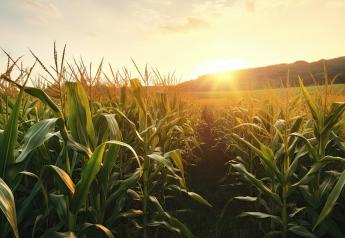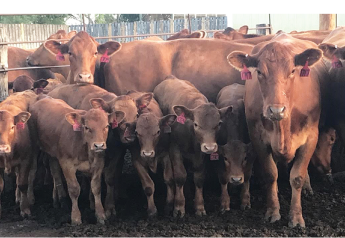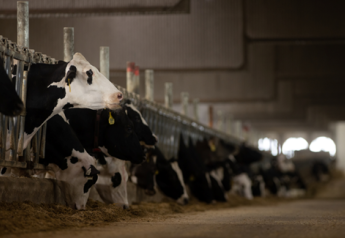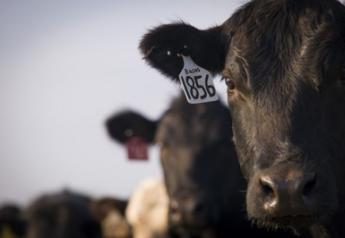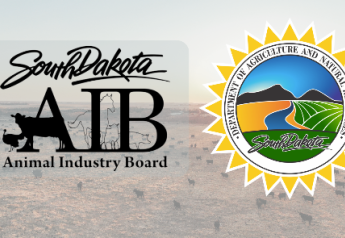Auburn Offers One Health Online Graduate Certificate

Auburn University is offering individuals the opportunity to earn an online graduate certificate in One Health, a program that emphasizes the integration of human, veterinary and environmental sciences.
The program is offered by the Auburn’s School of Forestry and Wildlife Sciences in partnership with the university’s College of Veterinary Medicine and the University of Alabama at Birmingham’s School of Public Health.
The 15-credit hour online certificate examines public health threats, including infectious diseases, and assess strategies for creating sustainable local and global ecosystems. The concept, promoted by the Centers for Disease Control and Prevention, is based on the premise that health-related interactions among people, animals and the environment have profound influences on disease risk, transmission and prediction efforts.
An estimated 60 percent of human infectious diseases and 70 percent of emerging human diseases have their source in domestic or wild animals. These zoonotic diseases include rabies, West Nile virus, Rift Valley fever and brucellosis, among others. In some cases, animal health can serve as a warning for human disease transmission.
"The One Health online graduate certificate is one of the first of its kind, providing students and professionals with the opportunity to gain graduate training in interdisciplinary health approaches through distance learning,” said Dr. Sarah Zohdy, assistant professor of disease ecology at Auburn University.
Zohdy, who is known internationally for her research on vector-borne disease, said the skill sets and knowledge acquired within the program will set graduates apart from others in the workforce, as they will be prepared to address big picture questions at the intersection of human, animal and environmental health.
“This program is ideal for individuals from any academic background who are interested in working toward a healthier world,” said Zohdy.
The significance of human-animal-environmental interactions has long been recognized, but factors such as climate change, population growth, land use and alterations in disease vector ecology are increasingly causing volatility among linkages of people, animals and the environment.
“The Auburn University One Health online graduate program clearly represents an area of crucial need and importance within our state as well as nationally and globally,” said Dr. Janaki Alavalapati, dean of the School of Forestry and Wildlife Sciences.
Online professional certification programs require 15 credit hours of online coursework, which can also be applied toward the pursuit of a master’s degree. Students must apply through the Auburn University Graduate School; however, there is no Graduate Record Examination, or GRE, required.
For more information about the certificate program, contact School of Forestry and Wildlife Sciences Graduate Program Coordinator Rebecca Masic at 334-844-8027 or via email at rbm0010@auburn.edu.
The One Health program is one of three online graduate certificate programs, along with Restoration Ecology and Forest Finance and Investment, now offered by the School of Forestry and Wildlife Sciences.
Learn more about each program from Auburn University.
See more about the One Health concept in these articles from BovineVetOnline:
World Animal Health Leaders Take a “One Health” Approach
Bridging the Gap Between the Environment, Human and Animal Health
One Stop Shop for 'One Health' Approach to Zoonotic Threats



